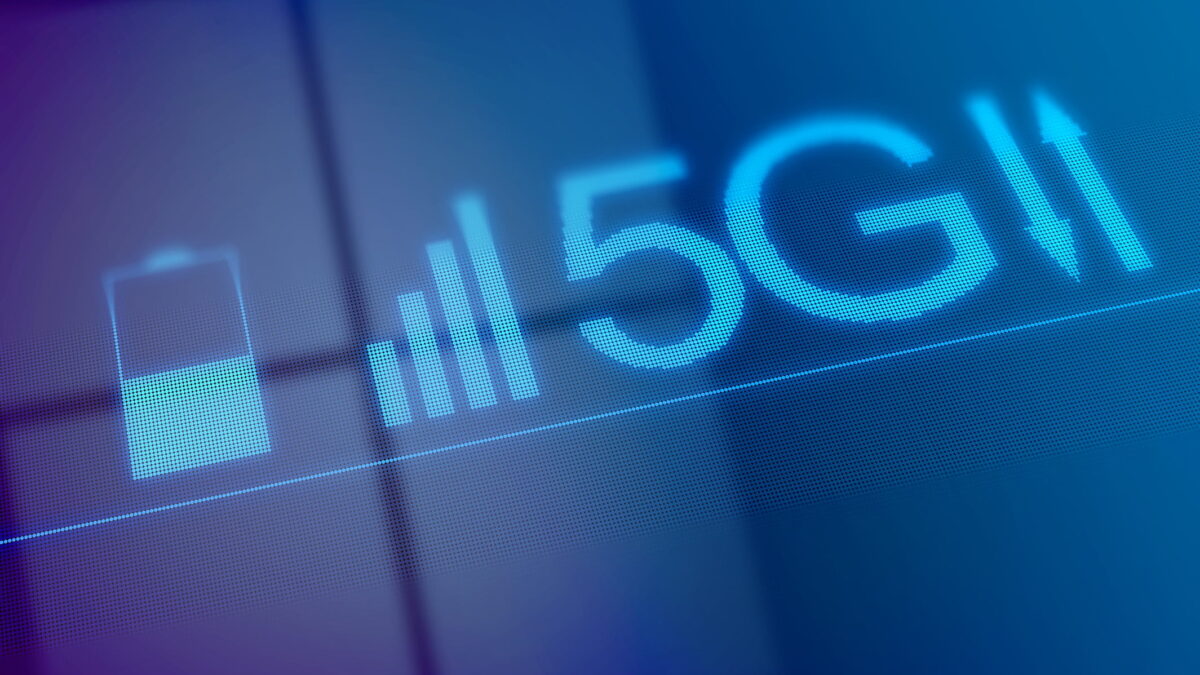The launch of Fixed Wireless 5G capable service is critical to wireless connectivity’s future. In most situations, 5G is spoken in the context of mobile devices. However, this new application of coverage extends well beyond the mobile band.
Many people in rural America do not have access to dependable wireless internet. A steady internet connection is no longer a luxury in today’s society but a need. Unlimited 5g wireless access will provide higher services to households in rural regions at a significantly lower cost.
While 5G is still in its early stages, many service providers are preparing to incorporate this wave of technology into their offerings in the future. As a result, it is critical to comprehend how 5G will function for rural Americans.
What exactly is Fixed Wireless 5G?
A standard wireless internet setup requires a cable coming directly into your house to create a connection. Then you’d buy a router that would connect to the internet and update itself over time. Fixed Wireless solutions are significantly simpler to install. Instead of wires, a permanent receiver that fits directly into your property is needed.
This receiver establishes a wireless link with surrounding wireless towers. When a receiver detects a signal from a nearby tower, it sends a connection down into your house, where it may connect to a router.
5G Fixed Wireless: Lowering Connectivity Costs
Fixed Wireless 5G has the potential to significantly cut connection costs for rural residents. Fixed-line installation for wireless internet has always been fraught with difficulties. Rural regions confront a dilemma because of the broad, dispersed installation locations. As a result, the physical infrastructure required for this procedure is prohibitively costly.
Fixed Wireless 5G will reduce the physical infrastructure required to create a reliable internet connection in rural locations. Lowering the provider’s initial connection expenses, households may attain a considerably more reasonable pricing point for high-speed internet.
Fixed Wireless 5G Speeds, Latency, and Energy Consumption
Internet speed, latency, and energy usage are critical elements to consider when choosing an internet connection.
Internet speed is relative when comparing plans from big providers such as Comcast or Verizon. While many internet packages advertise speeds of up to 1,000Mbps, 25-30Mbps is sufficient for most digital tasks. Still, Fixed Wireless 5G has the potential to give significantly faster speeds in the future, which will supplement your current internet connection.
Latency is an indicator of the dependability and stability of your internet connection. When utilizing the internet, you may often encounter the phrase “lag.” Simply said, having high latency will cause your online operations to be delayed. For example, if you click on anything and the action does not register for a substantial time, you have a latency problem. Fixed Wireless 5G has a good reputation for having persistent low latency and allowing users to broadcast the game and do other things with their connections.
Finally, energy use should be monitored since it directly impacts utilities such as your power bill. Fortunately for you, 5G uses less energy than older internet connection alternatives.
What Kind of Availability Is There?
5G is still in its early stages, and many internet service providers are developing methods to integrate it most beneficially for users. However, this implies that the optimum time to establish your internet connection with Fixed Wireless is now. Having a dependable internet service provider with low prices will pay benefits in the future with the advent of 5G.


